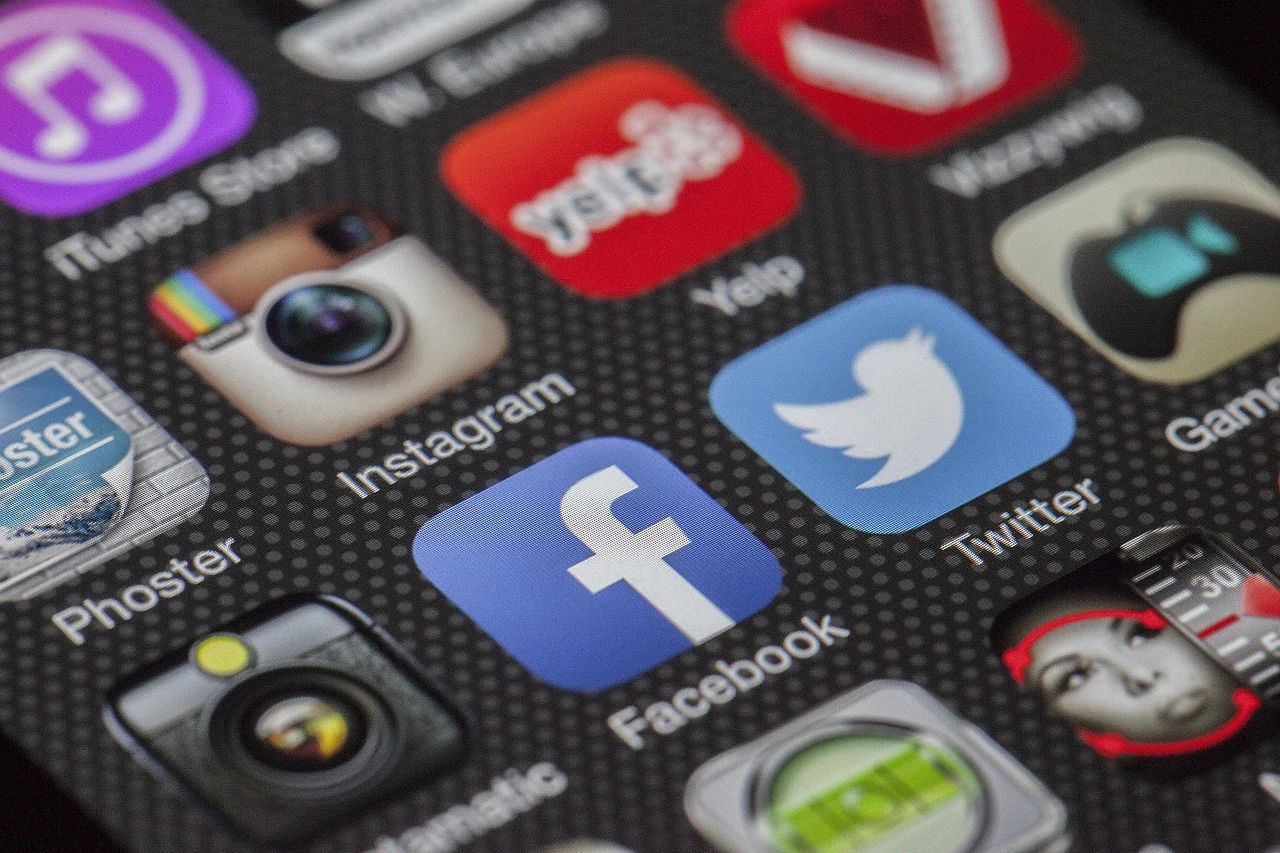
Update: We have a more recent article and you can check out our top PR Crises from 2021.
We’re just about halfway through 2020 and already a selection of PR crises have occurred. Some have taken place due to campaigns by PR and marketing teams not quite hitting the right notes and turning out very differently to how they originally planned. And some have been brought to our attention from the public calling brands out on social media for their mishaps. Let’s take a look at the top 11 crises of 2020 so far.
1) A fashion fiasco: Oh Polly’s competition for NHS workers
To show appreciation for NHS frontline workers during the coronavirus pandemic, fashion brand Oh Polly launched a competition on social media for workers to be in with a chance of winning a care package, a new outfit and an invitation to a virtual party. A nurse from Glasgow won the competition, but couldn’t make the virtual event due to working a 12-hour shift. She was then told by the brand that despite winning the competition, she couldn’t receive the care package or the outfit due to not being able to attend the virtual party. Taking to Twitter she put:
‘Imagine entering an Oh Polly competition for NHS workers and winning, but can’t participate due to working a 12hr shift on Friday on the frontline. And then being told you can’t claim the care package and outfit because you’re unable to be on the video call.’
— LaraHarper (@LaraHarper) April 22, 2020
Unsurprisingly this blew up on social media gaining over 14,000 likes and multiple responses highlighting disappointment in the brand and saying how it defeats the point of holding a competition for NHS workers. It was also picked up by the media. To rub salt in the wound, rival brand Pretty Little Thing then got involved by tweeting Lara saying: ‘Lara, we want to celebrate YOU and all the incredible things you are doing right now. DM us for a pretty little parcel. You deserve it.’ Yikes. Oh Polly eventually reached out, apologised and said they were making sure every winner received a care package and an outfit, even if they couldn’t attend the virtual party.
2) COVID comms: The governments unclear campaign message
It goes without saying that COVID-19 is without a doubt the biggest global crisis that has been faced for decades. In a time that’s riddled with uncertainty, clarity and consistency is what’s needed – which unfortunately, many feel as though the UK government have failed to provide with their most recent campaign. The slogan changed from ‘Stay Home’ to ‘Stay Alert’ and left many experts wondering, well what exactly does that mean? The campaign received almost instant backlash on social media and in the press with some saying that the message brought more questions than answers and was ‘unhelpful’ as well as ‘unclear’. Piers Morgan, along with many others, took to Twitter and said:
‘So, the Prime Minister is urging millions of non-essential workers to go out to work – but also telling people we still can’t see family or friends even if we maintain the same social distancing rules as non-essential workers at work? Makes no sense.’
So, the Prime Minister is urging millions of non-essential workers to go out to work – but also telling people we still can’t see family or friends even if we maintain the same social distancing rules as non-essential workers at work?
Makes no sense.— Piers Morgan (@piersmorgan) May 10, 2020
He also went on to explain, as did This Morning hosts Holly & Phil, that the government refused to do any press interviews to discuss the matter. Which is potentially a further error, as it would be appreciated by all to receive real clarity on the COVID-19 crisis plan.
3) Burger backlash: Burger Kings Veganuary mess-up
Adopting a vegan diet has become pretty popular in the UK over the past few years for various reasons and has left quite a lot of restaurants and food brands in a position where they’ve needed to move with the times. Many fast food restaurants including Greggs, KFC and McDonalds have launched products suitable for vegan consumers to their menus and have been praised for doing so. Burger King chose to do the same and during Veganuary launched a plant-based burger, which in theory sounds great if you’re a vegan. Wrong. The product actually isn’t suitable for vegans! The Soy based burger is cooked on the same grill as the meat burgers and therefore can’t be eaten by vegans – which sort of defeats the point of it being a vegan burger. Of course, this was picked up by the press and spoken about on social media. Burger King responded by saying that ‘the burger was for flexitarians and designed for people who want to cut down on their meat consumption, not cut out meat completely.’ Using an awareness month as a hook to launch a product that isn’t actually suitable for your audience isn’t such a great idea!
4) A pint of bitter: Wetherspoons poorly thought out COVID-19 response
They say bad things come in threes and well, that was certainly the case with Wetherspoons response to COVID-19. Not only did the pub giant fall guilty to a PR disaster once, their boss Tim Martin, managed to do so three times. Hard to believe really isn’t it? Initially he told his 43,000 staff that they would not be paid at all until the government furlough scheme began, which could leave them out of pocket for almost two months. This statement was later reversed following the, unsurprising, backlash that it received. The next communication that employees received was from their boss encouraging them to take jobs at Tesco if they wished to do so. This was deemed highly insensitive and pretty unhelpful.
Absolute state of it.
Rather than look after his staff, Wetherspoons owner Tim Martin tells them to go and work in a supermarket. https://t.co/7jsvHkyNAb
— Rachael Swindon (@Rachael_Swindon) March 24, 2020
Just as things couldn’t really get much worse for the company, Tim Martin did an interview with Sky News where he expressed his view on the fact that it wasn’t really necessary to close the pubs at all. He questioned the governments advice to avoid pubs and restaurants to minimise the risk of spreading the virus and said: ‘There’s been hardly any transmission of the virus within pubs.’ This statement was of course heavily criticised on social media and by the press with the hashtag #BoycottWetherspoons trending on Twitter for a while after. We could possibly all do with a drink, or three, after that PR crisis.
5) Smoking hell: Diamond Mists lookalike shambles
Using a celebrity or an influencer as part of your campaign activity or to endorse a product is a great way to increase visibility and add another dimension to the campaign. But, using a lookalike and their name is simply never a good idea and will no doubt result in backlash! Which is exactly what vaping company, Diamond Mist, found out pretty quickly. They featured a series of adverts on buses across London with a photo of a Mo Farah lookalike and the slogan ‘Mo’s Mad for Menthol’. It didn’t take long for word to get back to the Olympic athlete and he took to Twitter to ensure fans that he in no way had any partnership with the brand:
You may have seen this ad & think it’s me!! I can assure you that I have NOT endorsed this product or company!!!! We’re looking into it. pic.twitter.com/L34f0LmdzD
— Sir Mo Farah (@Mo_Farah) March 19, 2019
Unsurprisingly, the Advertising Standards Authority got involved and the ads were banned. Mo even took the company and the associated advertising company to the high court claiming what they did was actually illegal. Of course, this resulted in a huge pay-out from the company and serious damage to their reputation – which we all know is incredibly hard to rebuild. Whatever you do, make sure it’s authentic, original and most importantly – legitimate and legal!
6) A lesson for the teacher: Tutoroo’s highly offensive advert
Singapore based tutoring website, Tutoroo received major backlash for an advert they created to promote their online tutoring service. The site, that offers students the chance to connect with tutors to better their studies, came under scrutiny with claims that the ad was both racist and sexist. In the ad, a British man walks up to a Chinese lady and asks for her number. The girl replies with what sounds like a sexualised remark and then types the numbers: 666-3629 into his phone. The ad has been heavily criticised for playing off stereotypes and making fun of an Asian Woman’s accent. To make matters worse, the brands response was that the ad was none of those things and they refused to remove it. When you’ve made a serious error and offended thousands of people – an apology wouldn’t go amiss.
7) A flying disaster: Aer Lingus overcrowded flight
COVID-19 has had a huge impact on pretty much everything and everyone, especially for the travel and tourism industry. Aer Lingus tried to adapt to the new social distancing guidelines that have come into play on their flights promising customers that more flights would take place to avoid overcrowding. Of course, this isn’t quite as simple as it seems and the passengers were less than impressed when these measures were not put into place on board their flight:
.@AerLingus now say they’re reviewing its processes after these photos emerged of a packed Belfast to London flight today @NewsDeclan @taramillstv @BBCevex @BBCNewsNI @bbcnewsline pic.twitter.com/vj3G0PNS12
— Kelly Bonner (@KellyBonner) May 4, 2020
This caused real backlash from customers and naturally made their way onto social media. This was followed with a rather disappointing remark from the airlines chief executive who admitted: ‘social distancing on flights just isn’t realistic.’ Which brings the question of if know you can’t provide something – why offer it? They have since updated their response and have assured the public that the safety of their passengers is of the highest importance.
8) A tainted love affair: Love Islands soaring complaints
You’d have thought that when Love Island announced it was doing a winter series, as well as the popular summer one, there would be celebrations all round. Well initially that was the case, fans couldn’t contain their excitement and said it made their January with something to look forward to. But that soon changed 10 days in, yes just 10 days, when it was revealed the series had already racked up more than 700 complaints to Ofcom. Contestant Ollie Williams was the most complained about as images of him posing with dead animals in Africa showing him as a ‘trophy hunter’ were leaked by the press. He made a mysterious swift exit from the show not long after this information came about. Coincidence? We’ll let you decide.
9) Money, money, money: Saracens salary cap crisis
Rugby union club Saracens built its reputation on four pillars know as ‘The Saracens Way’ – work rate, humility, discipline and honesty – often regarded as a benchmark of English Rugby Club Excellence. But that reputation that took so long to build came crashing down when it was revealed that the club was found to be ‘financially reckless’ by exceeding Premiership Rugby’s salary cap of £7m by more than £2m across three seasons. The scandal has been noted as one of the most notable PR disasters in British sport. It just goes to show how easily reputations can be damaged.
10) An all time low: Boeing’s disastrous start to 2020
It couldn’t have been a worse start to the year for aerospace company Boeing. Following the 737 Max Crisis last year, that resulted in two deadly crashes followed by a statement from the company that denied any safety concerns, at the start of 2020 they announced their first annual reputation loss since 1997. It was revealed that on a scale of 0-100 (0 being neutral), Boeing’s average reputation score was -71. Ouch. It also came to light that there had been multiple internal emails circulating where executives ‘mocked their regulator and joked about safety’. An all-round PR nightmare for the company.
11) Breakfast blunder: McDonalds failing to uphold their McMuffin offer
Any offer, promotion or discount that a brand can offer their customers and the public is always going to be welcomed! That is providing that it actually works – which is where McDonalds massively slipped up. At the start of January, the fast-food chain announced an offer where customers could get a free breakfast McMuffin if they visited a participating restaurant before 11am. The offer received press attention and gained traction on social media so you can imagine the disappointment when people arrived and were not able to get their free brekky. Turns out, there was a technical glitch with the app and McDonalds couldn’t offer the promotion without the app code being scanned. This meant many customers didn’t receive their promised free meal and you can imagine that didn’t go in McDonalds favour. If you can’t provide the goods, don’t make the promise!
So, there you have it! We may only be a matter of months into 2020, but we’ve already seen a fair few PR disasters take place. It just goes to show that no matter how a big a brand is or how much budget they might have – it can still go wrong, really wrong in fact. With the rest of the year ahead of us, it’s unlikely that these will be the only PR crises that take place, there are sure to be more to come.
If you are potentially worried that a crisis could occur for your brand – we can help! From carefully planning for all possible situations that could occur to interactive scenario training so you can have peace of mind. Get in touch with us today to find out how we could support you with your PR Crisis Management. Drop us an email: hello@prohibitionpr.co.uk or give us a ring on: 0113 430 4160.
If you loved this post, don’t forget to check out our post from 2019 on the worst crises of 2019 as well.
Update for more interesting articles from us on PR in a crisis check out some of our other articles:
- How to Prepare a PR Crisis Plan
- The Top Ten PR Crises of 2021
- The top 11 crises of 2020
- Top nine PR crises so far for 2019
- Why it’s important to prepare for a PR crisis
- 10 Crisis Communication Tips Every Business Needs
- 11 Steps For Crisis Management
- What Is Crisis Management And Why Its Important?






